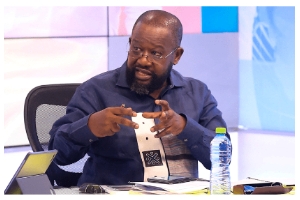Renowned corporate leader and public intellectual, Mr Yaw Nsarkoh, has called for sweeping reforms to Ghana’s political party system, campaign financing mechanisms, and civic culture to prevent what he described as the country’s descent into a “Santa Claus Democracy.”
Speaking during an Occasional Lecture at the Ghana Academy of Arts and Sciences on Thursday, Mr Nsarkoh criticised Ghana’s two main political parties—the New Patriotic Party (NPP) and the National Democratic Congress (NDC)—for transforming into electoral machines that serve narrow interests rather than platforms for people-driven development.
“Multipartyism remains the only legitimate governance model for Ghana, but its practice is in urgent need of radical surgery,” he asserted.
Mr Nsarkoh lamented that democracy is being eroded by transactional politics, with many citizens openly supporting democratic values only when their preferred party is in opposition, but remaining silent or complicit when in government.
“Santa Claus democracies are attempts at democracy without democrats,” he warned.
He expressed concern over the growing romanticisation of military coups, particularly among the youth—76% of whom have never experienced one—and described such sentiments as a dangerous illusion.
Campaign Financing: The “Root of All Evils”
Mr Nsarkoh strongly criticised the lack of transparency in political campaign financing, revealing that the Electoral Commission has no data on how political candidates fund their campaigns. He described this legal gap as the “root of all evils in a Santa Claus Democracy,” warning that opaque financing leaves the political system vulnerable to elite capture and corruption.
He advocated for serious investments in ideological training and policy literacy within political parties, referencing models from countries like Singapore and China, where party schools instil discipline, civic responsibility, and policy understanding.
“Our parties seem to unleash attack dogs to counter reasoned disagreement. This is not a moral climate in which any country can thrive,” he said.
Mr Nsarkoh cautioned that the current culture of personalised abuse and partisan dogfights is undermining Ghana’s democratic foundation, joking that in such a climate, even “the time of day could become a matter for legal adjudication.”
Parliament and the Politics of Hypocrisy
Turning his attention to Parliament, Mr Nsarkoh criticised what he termed the chamber’s adversarial and often hypocritical posture, recalling how Speaker Alban Bagbin had lamented MPs’ unruly conduct.
He questioned the wisdom of intense partisanship during ministerial vettings when, in the end, “they reach consensus when ex gratia is up for debate.”
“We need a more disciplined and development-focused legislative culture,” he urged.
A Call for Democratic Renewal
Concluding his address, Mr Nsarkoh reiterated his strong opposition to coups, but stressed that democracy must deliver real improvements in people’s lives to remain legitimate.
He called on all stakeholders—political parties, civil society, and the citizenry—to commit to a bold national renewal, rooted in integrity, transparency, and shared vision.
“Democracy must show itself to be responsible and deliver tangible improvements in people’s lives,” he said.
“If it is the last thing we do in this life, we must devote ourselves to cleaning up this space, with resolve and conviction.”
DISCLAIMER: The Views, Comments, Opinions, Contributions and Statements made by Readers and Contributors on this platform do not necessarily represent the views or policy of Multimedia Group Limited.
DISCLAIMER: The Views, Comments, Opinions, Contributions and Statements made by Readers and Contributors on this platform do not necessarily represent the views or policy of Multimedia Group Limited.
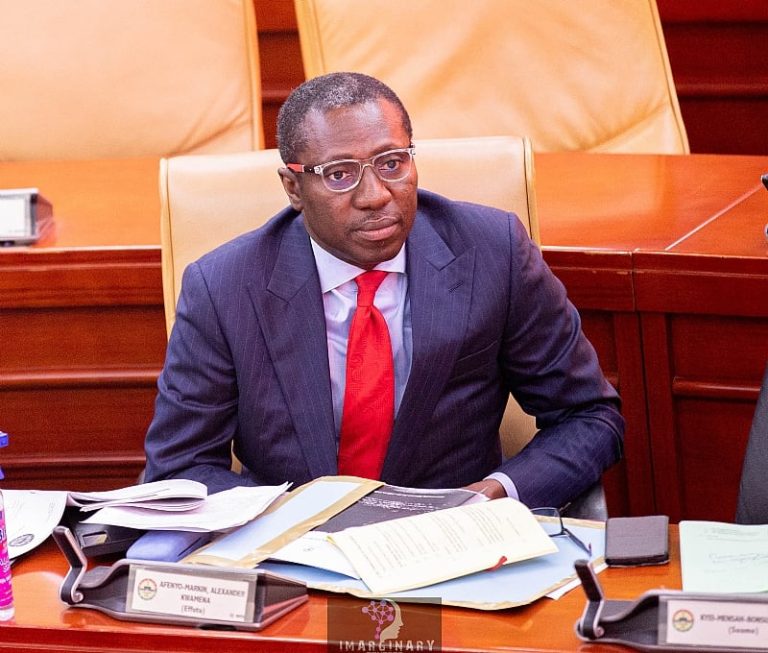
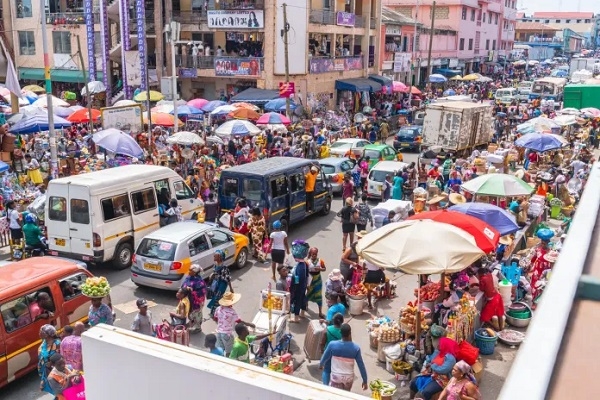
![File photo of Makola Market [Image Credit: JAFEPX] File photo of Makola Market [Image Credit: JAFEPX]](https://cdn.ghanaweb.com/imagelib/pics/902/90290459.295.jpg)
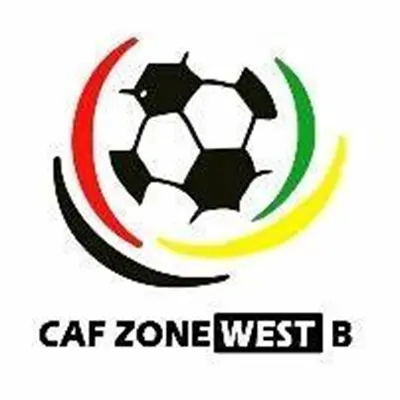

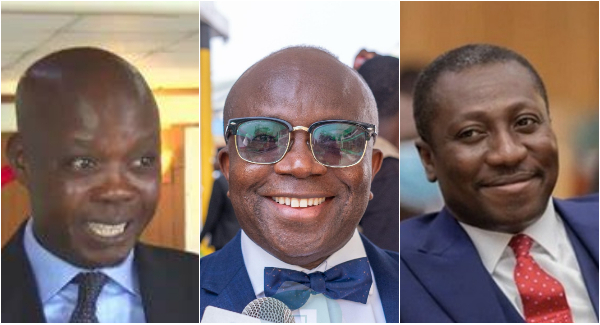
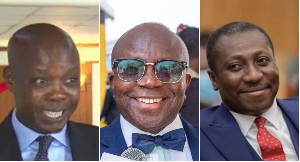



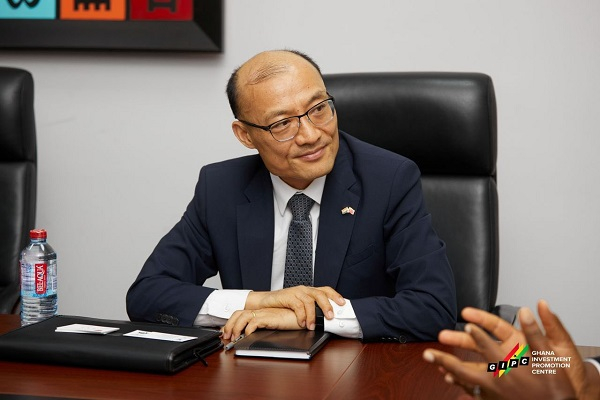
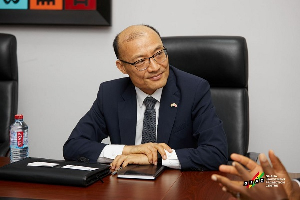


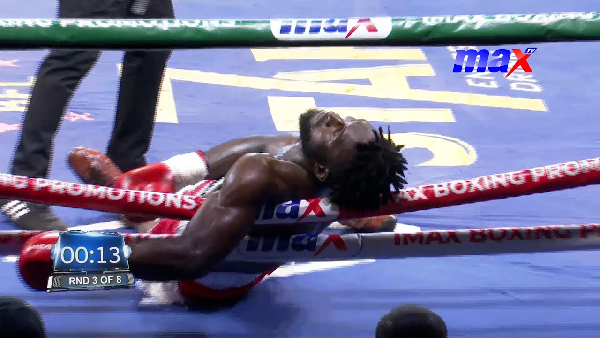
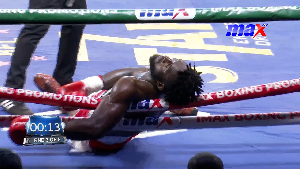
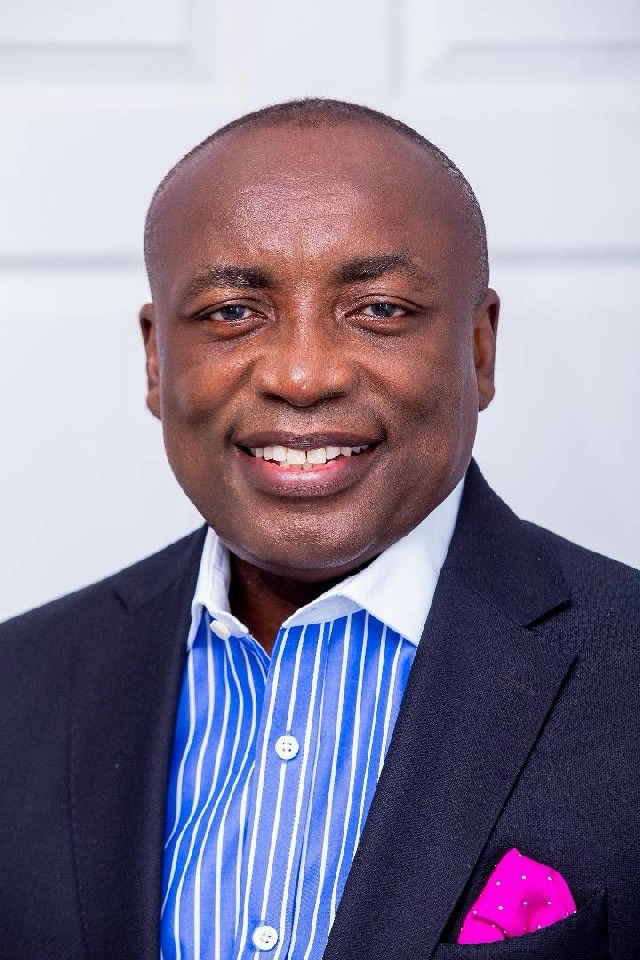
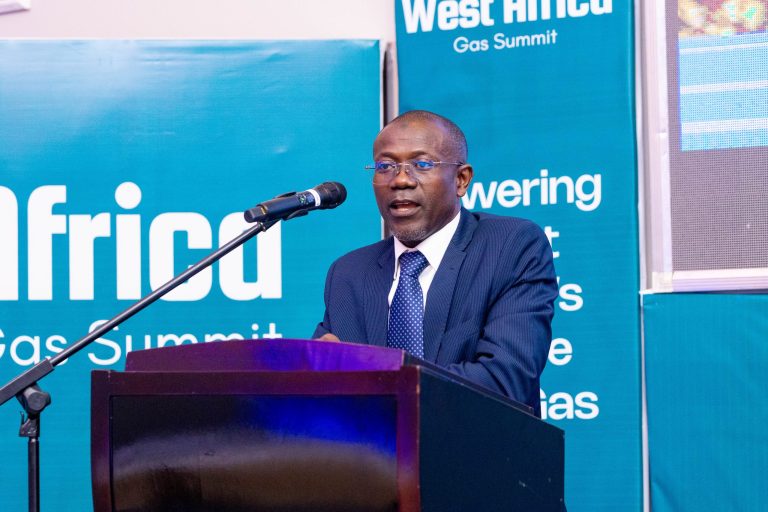
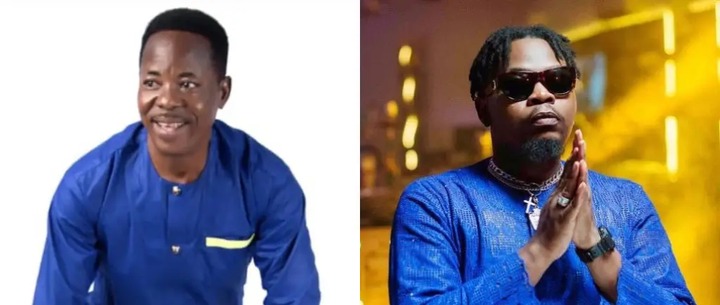
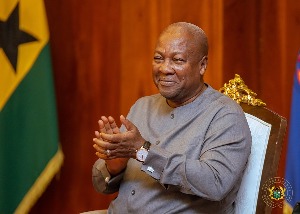
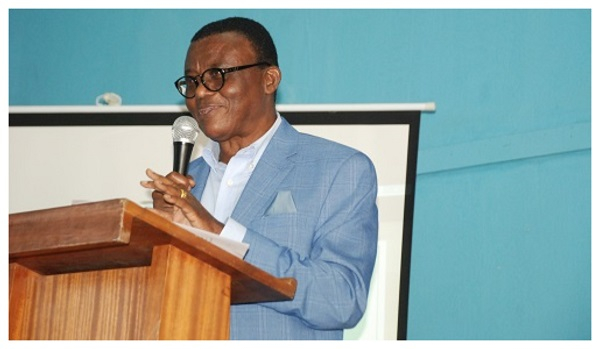
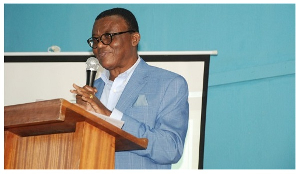
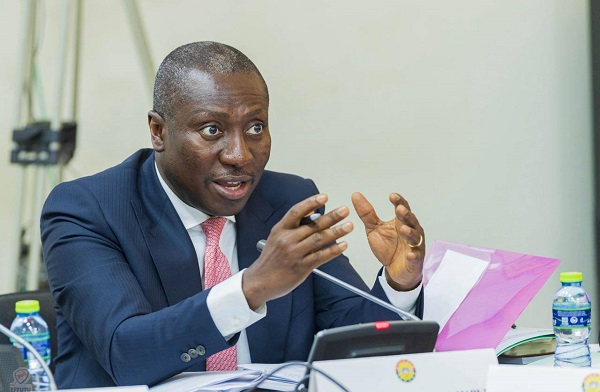
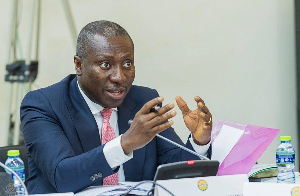

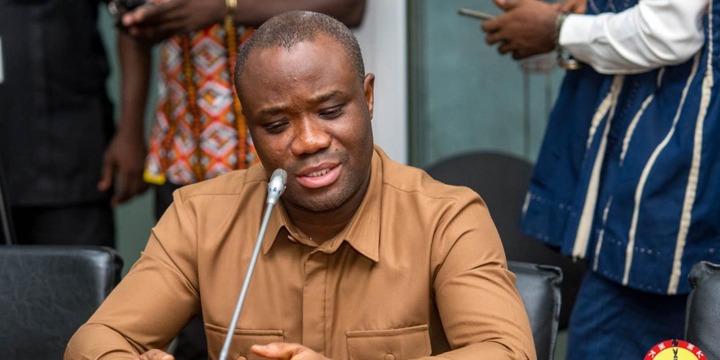
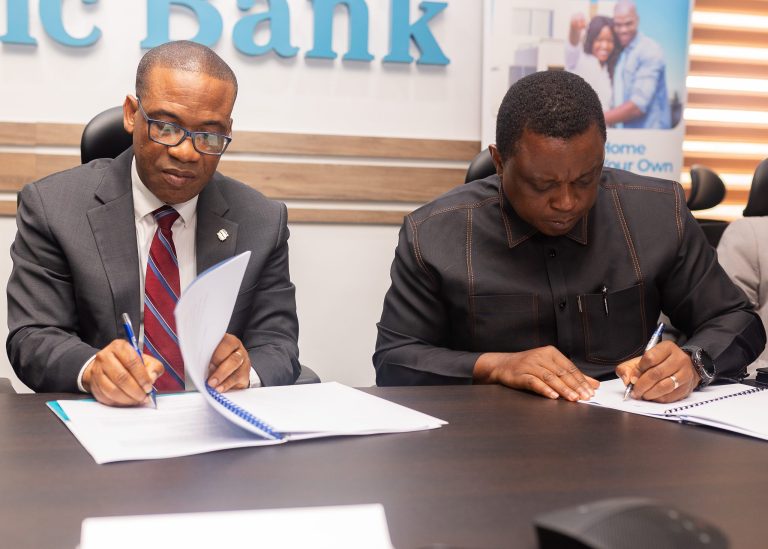
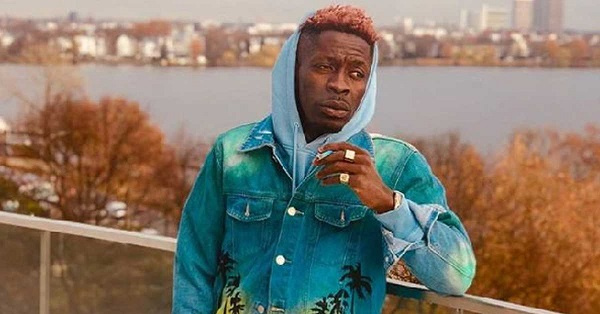
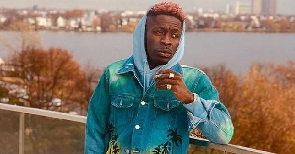
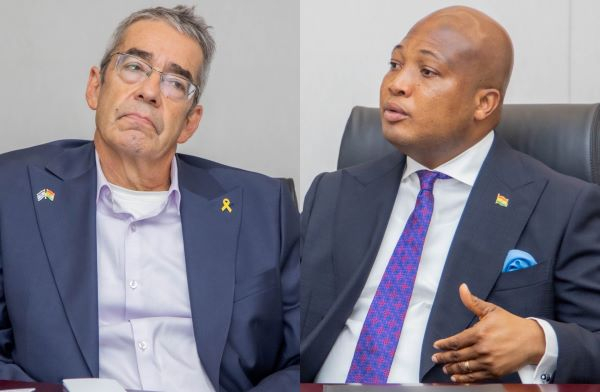
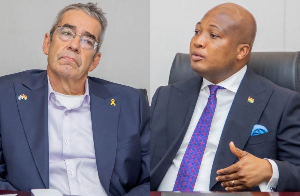
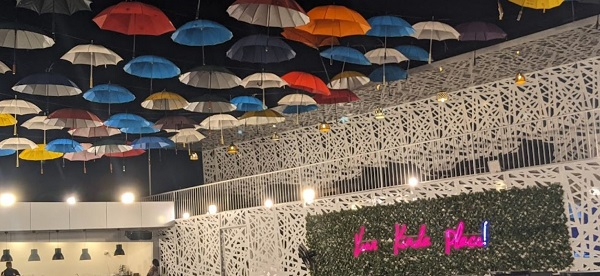
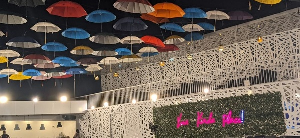
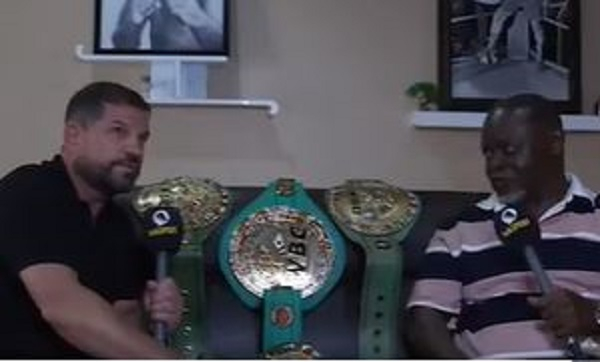
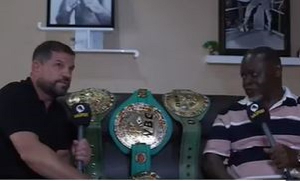


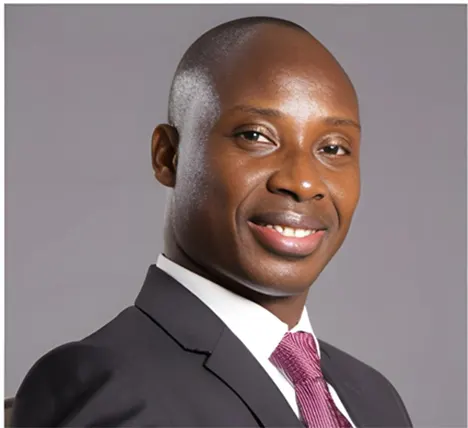

![I’ll resign if… – Nhyiaeso MP says after Bawumia’s endorsement meeting [Listen] I’ll resign if… – Nhyiaeso MP says after Bawumia’s endorsement meeting [Listen]](https://www.ghanamma.com/wp-content/uploads/2025/06/7825e825463ae4535bcd1b7d14e06040.jpeg)
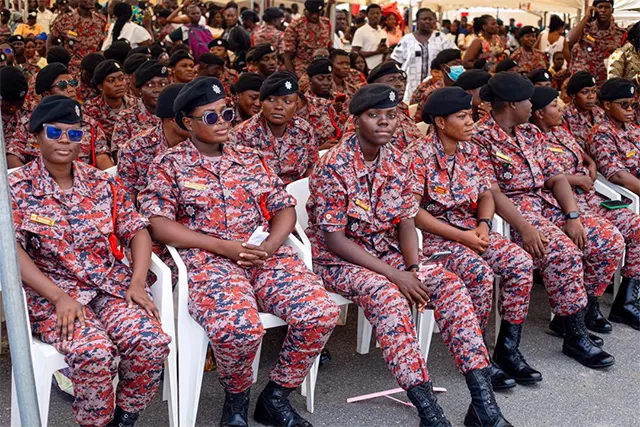
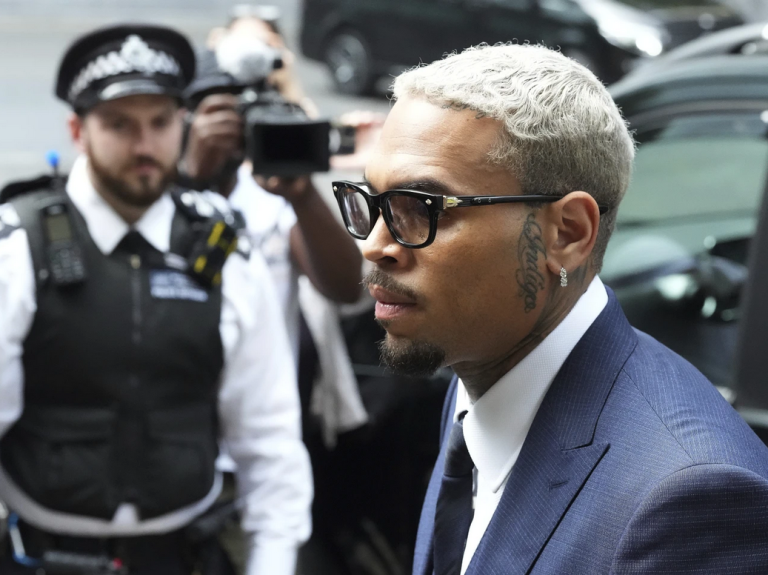

![One dead, others injured in gory accident at UCC second gate [Video] One dead, others injured in gory accident at UCC second gate [Video]](https://www.ghanamma.com/wp-content/uploads/2025/06/abe23a2a315edf5b07007433fbd6a7eb.jpeg)
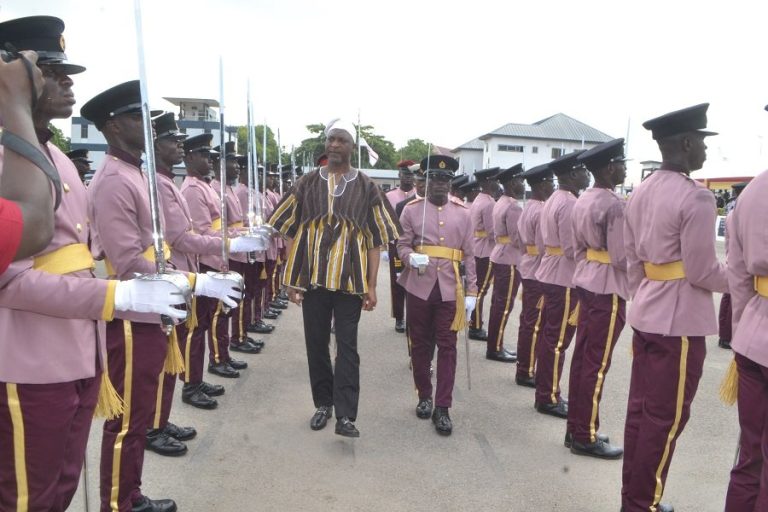
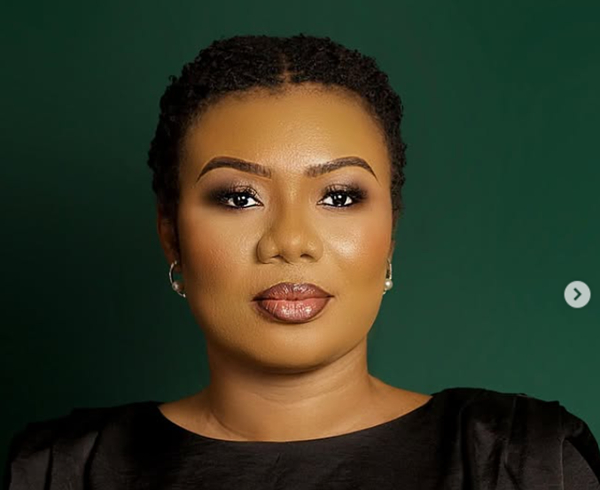

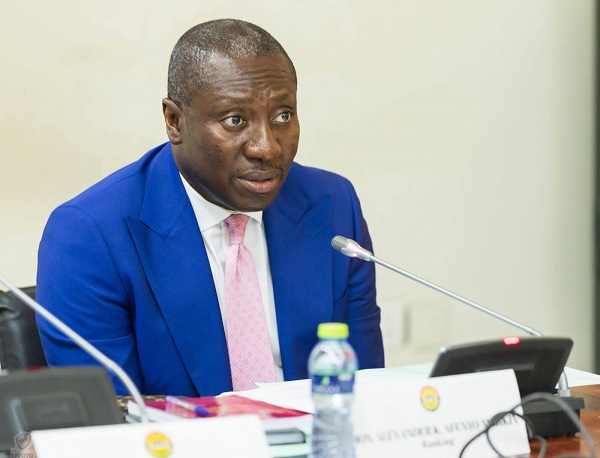
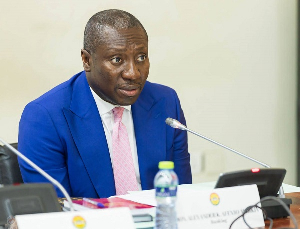
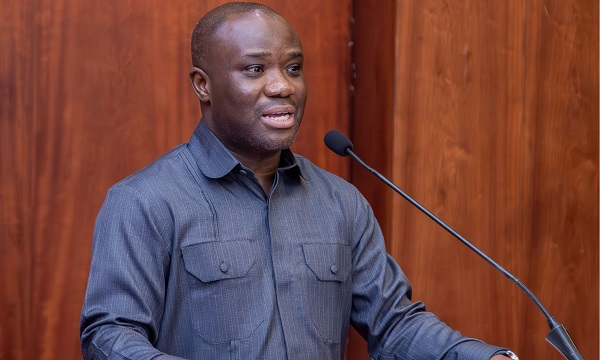
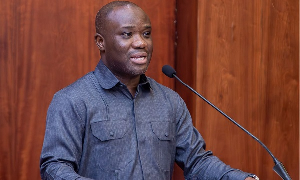


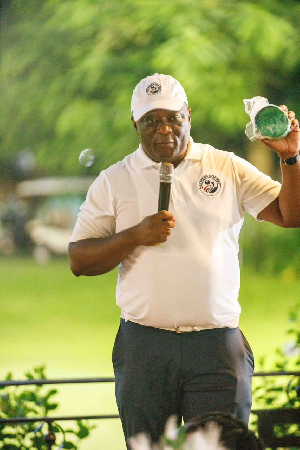
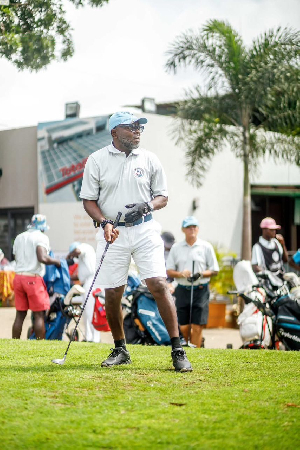
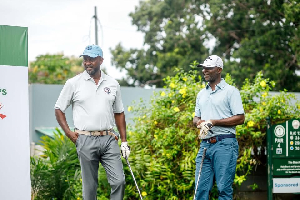

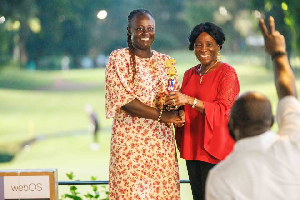


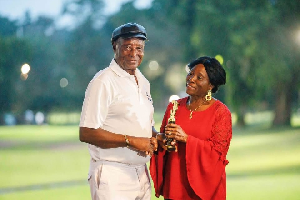
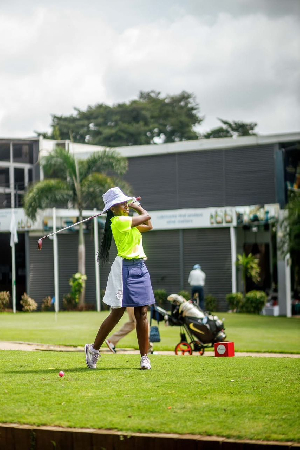

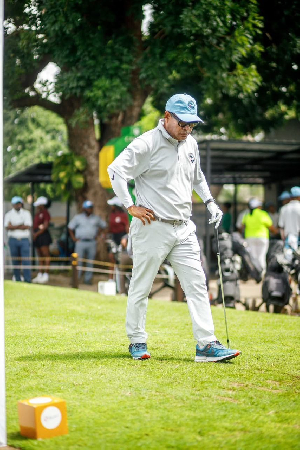
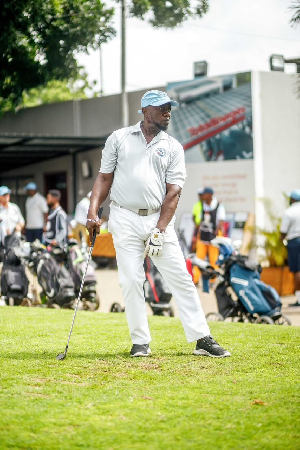




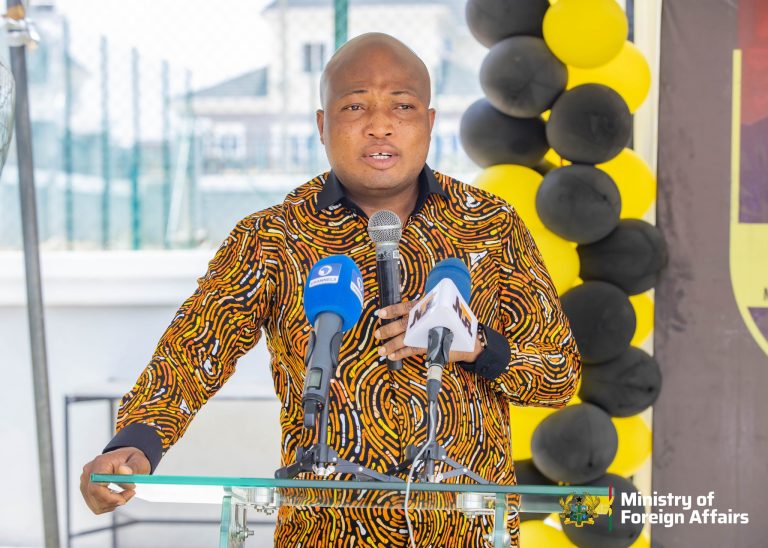

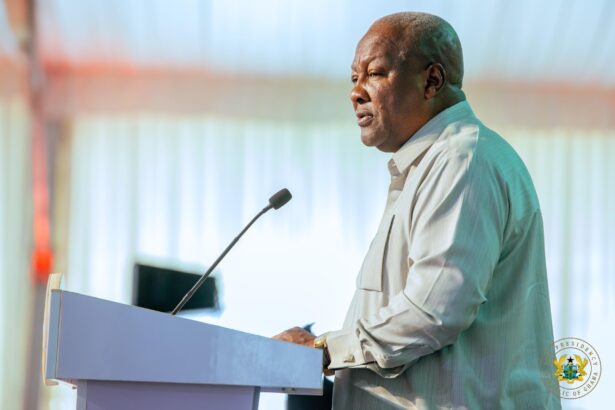
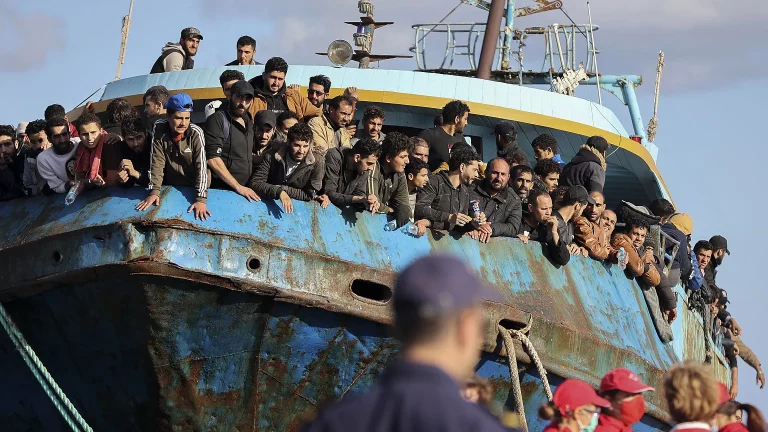
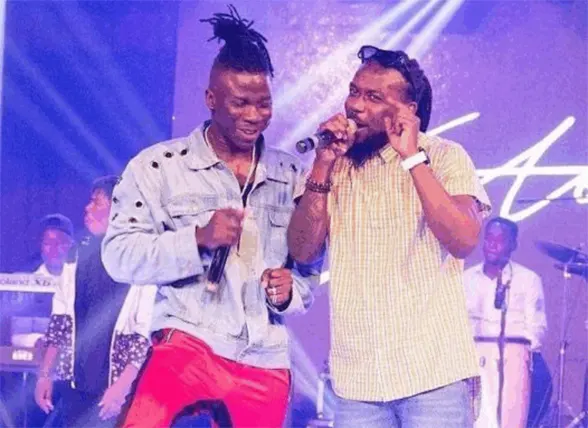

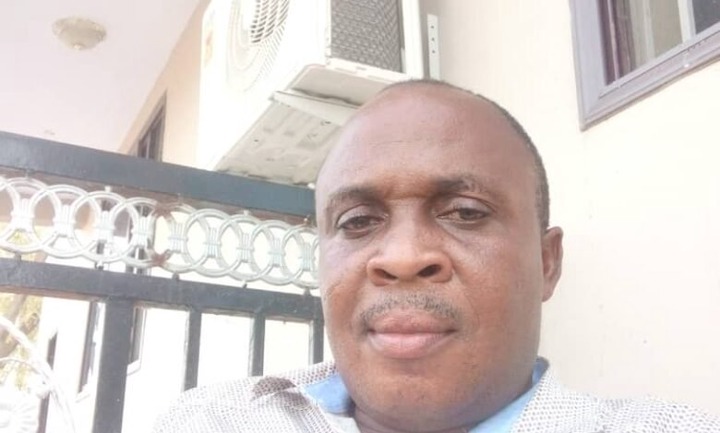
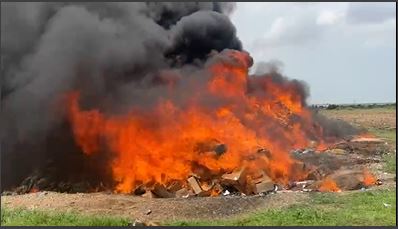

 “We did this today in your presence to show our commitment to end the menace. I will urge those involved to desist. We will not stand by and watch them bring in illicit drugs to destroy our future leaders.”
“We did this today in your presence to show our commitment to end the menace. I will urge those involved to desist. We will not stand by and watch them bring in illicit drugs to destroy our future leaders.” “I hope you all can assist us so that we can bring them to the public view and name and shame them. This cannot continue in our country,” Brigadier General Mantey emphasised.
“I hope you all can assist us so that we can bring them to the public view and name and shame them. This cannot continue in our country,” Brigadier General Mantey emphasised.


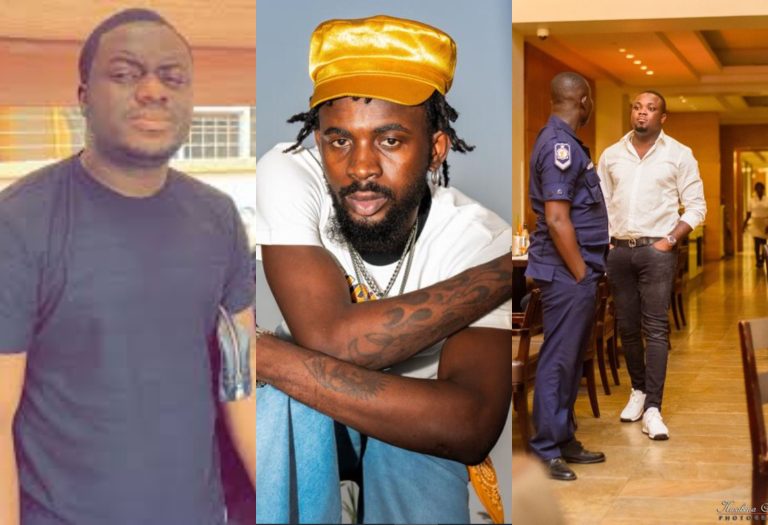
)
)
)
)
)
)
)
)

